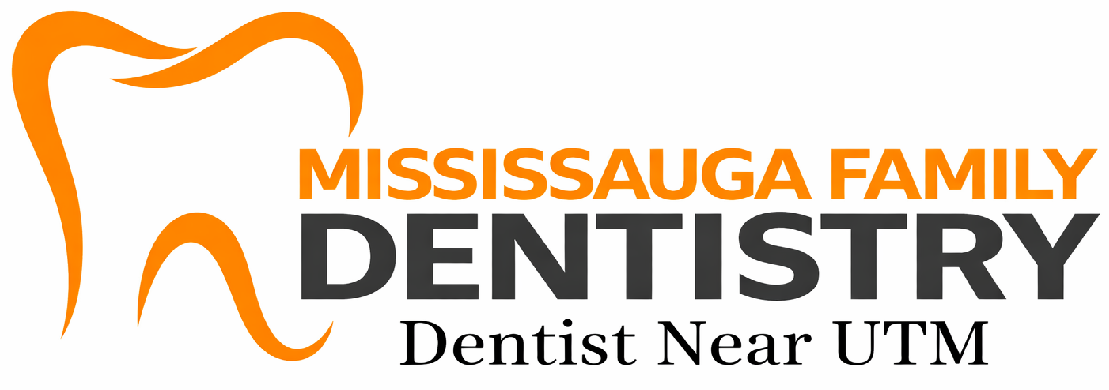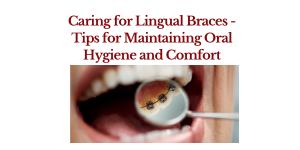Lingual braces are ideal for individuals who want a discreet way to straighten their teeth.
Since these braces are placed on the back of the teeth, they remain hidden.
However, maintaining oral hygiene and comfort with lingual braces requires a bit of extra effort compared to traditional braces.
With the right care routine, you can keep your braces clean, avoid discomfort, and ensure the success of your orthodontic treatments.
Mastering Your Brushing Routine
Brushing is essential when wearing lingual braces, as food particles and plaque can easily accumulate behind your teeth. To keep your teeth and braces clean:
- Use a soft-bristled toothbrush or an electric toothbrush to reach all areas.
- Angle your brush to clean the back of your teeth thoroughly.
- Brush for at least two minutes after every meal.
- Try using an interdental brush to effectively clean areas that are harder to reach.
Fluoride toothpaste can also maintain your enamel and prevent cavities.
Your dentist in Mississauga may recommend a prescription fluoride toothpaste if you are at a higher risk for decay.
The Importance of Flossing and Rinsing
Flossing with lingual braces can be challenging, but it’s essential for removing debris and preventing gum issues. To floss effectively:
- Try using a floss threader or specialized orthodontic floss to maneuver around your braces.
- Consider a water flosser to make the process easier and more efficient.
- Rinse with an alcohol-free mouthwash to help eliminate bacteria and freshen your breath.
Flossing at least once daily will prevent gum inflammation and improve oral health.
Managing Discomfort and Soreness
Since lingual braces are closer to your tongue, they can sometimes cause irritation or soreness. To minimize discomfort:
- Apply orthodontic wax to any brackets that feel rough against your tongue.
- Drink cold water or use ice packs to reduce swelling and numb soreness.
- Stick to soft foods such as yogurt, mashed potatoes, and smoothies, especially after adjustments.
- Speak slowly and practice reading aloud to adjust to any changes in your speech.
Discomfort is common in the initial weeks, but as your mouth adjusts, you’ll find it easier to speak and eat normally.
Also Read: What to Expect with Lingual Braces: Treatment Timeline and Results
Choosing the Right Foods
Eating the wrong foods can damage your lingual braces and prolong your orthodontic treatments. Stick to braces-friendly foods like:
- Soft fruits (bananas, berries, avocados)
- Cooked vegetables (steamed carrots, mashed sweet potatoes)
- Dairy products (cheese, yogurt, milk)
- Protein sources that are easy to chew (eggs, tofu, fish)
Stay away from hard, sticky, or chewy foods like nuts, popcorn, chewing gum, and caramel, as these can cause brackets to break or wires to bend.
Regular Dental Checkups
Routine visits to your dentist in Mississauga are essential for maintaining oral health while wearing lingual braces. Your dentist will:
- Check for any damage to your braces and make necessary adjustments.
- Perform professional cleanings to remove plaque buildup.
- Provide customized guidance to enhance your oral hygiene routine.
Skipping dental appointments can lead to complications, so follow your scheduled visits.
Staying Consistent for the Best Results
Caring for lingual braces may require extra attention, but with a dedicated routine, you’ll achieve the best possible results.
Brushing and flossing consistently, choosing the right foods, and attending regular checkups will keep your treatment on track.
As you progress through your orthodontic journey, maintaining good oral hygiene will ensure a healthy, beautiful smile once your braces come off.
These practical tips will help you feel comfortable with lingual braces and achieve the straight, confident smile you’ve always wanted.
Contact us for more information.

